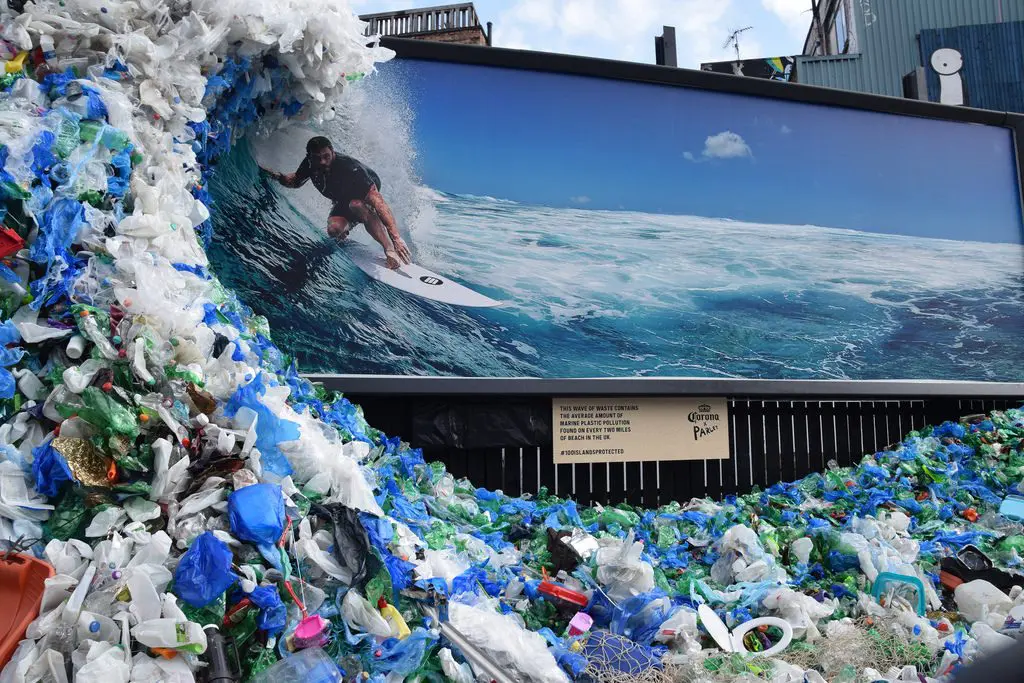‘The production of plastics is growing so much that we could be producing 1100 million tonnes by 2050,’ according to plastics recycling expert Surendra Borad Patawari. ‘It seems that we simply cannot live without plastics,’ he said at the London conference organised by the Bureau of International Recycling last weekend.
Today, the world manufactures almost 300 million tonnes of plastic every year. An estimated 20% is recycled through proper channels. Meanwhile, there is an ‘enormous amount’ of funds available for investment in plastics recycling, declared Surendra Borad Patawari at last weekend’s London gathering organised by the Bureau of International Recycling (BIR).
Surge in ‘green bonds’
‘Five trillion dollars will be divested from oil and coal-based industries this year,’ the ceo of Gemini Corporation pointed out. Green products and services, on the other hand, have been on the rise. ‘In fact, US$ 250 billion will be invested in ‘green’ bonds will be issued this year. That’s around 40% higher than in 2017,’ the entrepreneur noted.
Constant development
He cited a recent article published by McKinsey & Company stating that the volume of plastics recycling is likely to increase from 55 million tonnes per annum to 230 million tonnes in the next twelve years.
This momentum is backed by the ‘constant development’ of innovative recycling systems. For example, it costs less than US$ 100 000 to establish a sorting line with a capacity of 1200 tonnes per month.
Parting words
Borad Patawari shared with delegates that the London gathering was the last occasion where he would serve as chairman of BIR’s plastics division. During his twelve years as chairman, he witnessed commitment and ‘bold steps’ from recycling entrepreneurs across the world.

In the future, Borad Patawari hopes that administrative burdens regarding exports are reduced ‘as much as possible’ to ensure a free flow of goods.
He argued: ‘First it was China who placed restrictions on imports of plastic scrap. Nations that followed are Malaysia, Thailand, Vietnam and also Taiwan. Now, India is being added to the list. Primarily because import licenses have not been extended yet – they expire in November.’
Still, the ceo remains optimistic that the licenses will be renewed in November. Traditionally, India purchases roughly 200 000 tonnes of plastic scrap – mostly LDPE. Luckily, the imports of PET flakes are ‘not hampered’ as they are not governed by import licenses.
Don't hesitate to contact us to share your input and ideas. Subscribe to the magazine or (free) newsletter.



